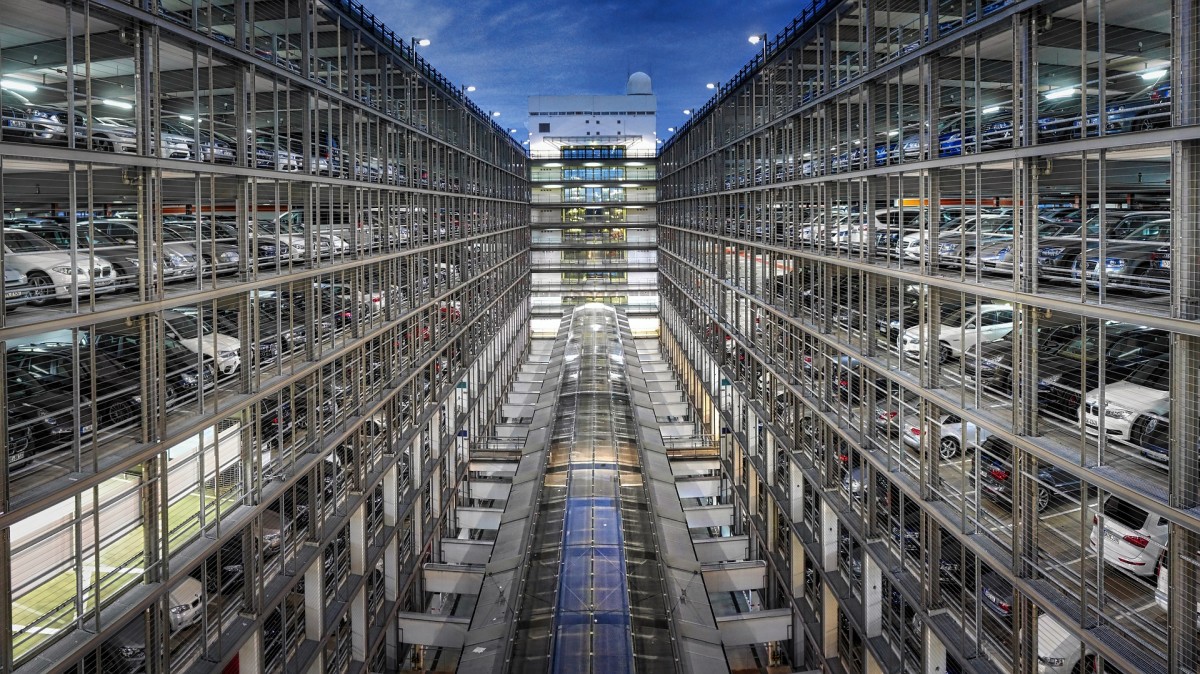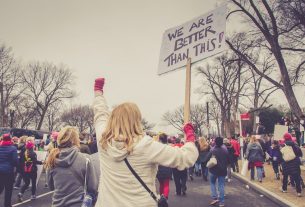Political leaders from the automotive regions (CoRAI) met with the European Commissioner for Budget, Johannes Hahn, members of the European Committee of the Regions’ commission for territorial cohesion (COTER) and automotive industry representatives to discuss the role automotive regions play in achieving a successful green transformation.
The event took place on 14 October as part of the European Week of Regions and Cities (watch the recording here).
The pandemic is hitting the automotive and supply industries at a time when they are heavily investing in the green transformation. Sales of vehicles have fallen by 32% this year, leading to massive job cuts in automotive regions. Europe’s Green Deal and the EU budget will play a key role in helping automotive regions and the industry to manage this transformation.
In his opening speech at the Green Transformation Summit, Commissioner Johannes Hahn underlined that “Europe’s regions are at the heart of the green and digital transitions and the EU recovery plan. It is the SMEs, the European value chains and European industry that will trigger innovation, create employment and boost economic growth in Europe“.
Christopher Drexler (AT/EPP), President of the Committee of the Regions Automotive Intergroup and a Minister in the regional government of Styria, welcomed the participants and stressed that “the automotive and supply industry and the European regions hosting them have been catapulted into a dramatic situation. We, the European regions have to join forces to lead this necessary transformation. Hopefully we will emerge even stronger. Innovation and international cooperation have always been Styria’s formula for success. Styria is an automotive region for research and development. We will use this innovative strength together with other automotive regions in Europe to get out of this crisis and create new jobs“.
“To minimize damage to employment and industrial competitiveness, the European Union must help to modernize and improve the current factories on the continent, for the successful upgrade of the sector in line with the Green Deal“, added Francisco Igea Arisqueta (ES/Renew Europe), Vice-President of the Regional Government of Castilla y León. “Tens of thousands of jobs in the Castile and León region and many millions of jobs throughout Europe depend on the automotive industry“.
María Victoria Chivite Navascués (ES/PES), President of the Regional Government of Navarra, is leading her region towards e-mobility: “Navarra has become a perfect automotive testing zone, directing the capacities of the industrial automotive sector towards the development of the electric vehicle and its components, as well as fostering the development and implementation of new mobility solutions in Navarra“.
There is more than one path to green mobility. “The objective must be to achieve an effective reduction of emissions, not to prioritize some technologies over others“, said Francisco Igea Arisqueta. A practical example came from Jonas Strömberg (Scania): “Did you know that waste from 1 000 people can power a bus for a year? A more system-oriented regional and urban procurement process is key to getting there“.
József Berényi (SK/EPP), Vice-Chairman of Trnava Self Governing Region called for close cooperation between industry and regions, highlighting that: “when it comes to the automotive industry in the Trnava region, we believe the cooperation of the regional government, business and industry is crucial, especially during the COVID-19 crisis. Increasing the competitiveness of automotive production, digitalisation and innovation all play a key role on the way towards sustainable future“.
“The automotive supply industry is delivering essential solutions to make the green and digital transformation of mobility a reality. COVID-19 has accelerated the change but also caused a lot of additional strain, not least on employment levels. Europe needs a strong automotive ecosystem to stay competitive and push ahead with ambitious environmental, digital and road safety targets. We need a policy framework at all levels – regional, national and European – that is ‘technology-open’ and supports innovation as much as possible“, summarised Sigrid de Vries, Secretary General of the European Association of Automotive Suppliers (CLEPA).
cor.europa.eu
pixabay


















